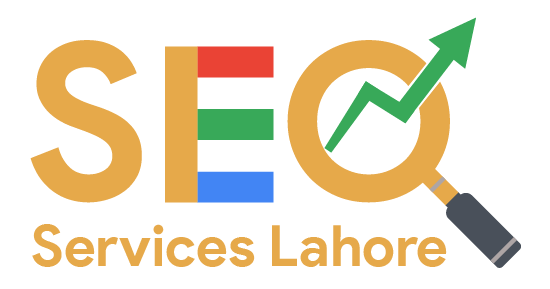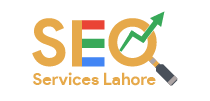What are the Major Components of a Digital Marketing Plan?
Learn all about digital marketing planning

What are the Major Components of a Digital Marketing Plan?
A digital marketing plan defines what you want to achieve within a specific time frame so that you can achieve a range of business goals. When creating a digital marketing plan, it is important to remember that marketing is always about communicating the benefits of your product or service in a customer-friendly manner. Your plan should therefore focus on marketing tactics that help your business reach your target audience with an integrated experience.
One of the benefits of digital marketing is that you can test different approaches and quickly adjust your plan based on what works and what doesn’t. The term “digital marketing” often encompasses many different areas. From marketing and search automation to tactical activities like pay-per-click advertising, a digital marketing plan has many different components.
Online Advertising
Online advertising involves bidding and purchasing relevant units of advertising on third-party sites, e.g. Display advertisements on other relevant blogs, forums, and websites. Types of ads include images, text, pop ups, banners, and videos. Redirecting is an important aspect of online advertising. A refocusing code that adds an anonymous browser cookie is required to track new visitors to your site. Then, when the visitor goes to other websites, you can show them ads for your product or service. This allows you to focus your advertising efforts on people who have already shown interest in your business.
Search Engine Optimization
Search Engine Optimization (SEO) is the foundation of successful digital marketing and refers to a set of strategies aimed at improving your position in online search results. Why do you want to achieve the top positions? Up to 75% of people do not search beyond the first page of search results.
Video Marketing
Video marketing allows companies to engage with customers in a more engaging and interactive way. You can post product launches, events, and special announcements, as well as provide educational content and testimonials. YouTube and Vimeo are the most popular video-sharing and advertising platforms. Pre-roll ads (which appear within the first 5-10 seconds before a call) are another way digital marketers can reach viewers on video platforms.
Content Marketing
Content marketing is an important strategy to attract potential customers. By regularly posting high-quality relevant content online, you can become an ideal leader. You can educate your target customers about the problems that your product may help them solve and also improve SEO rankings. The content may include blog posts, case studies, white papers, and other topics that add value to your audience. These digital content assets can be used to gain customers through organic and paid efforts.

Webinar
Webinars are virtual events that allow businesses to interact with potential and existing customers wherever they are. Webinars are an effective way to present relevant content, such as a product demo or seminar, to an audience in real time. Addressing your audience directly in this way allows your company to demonstrate in-depth expertise. Many companies use server lists in other marketing programs (email and retargeting ads) to generate new leads and strengthen existing relationships.
Email Marketing
Email is a method of direct marketing that sends promotional messages to a segregated group of prospects or customers. Email marketing has always been an effective approach to sending personalized messages, focused on the needs and interests of customers. It is more common for e-commerce businesses to remain in the minds of consumers.
Social Media Marketing
As many as 2.3 billion people use social media, making it a valuable part of digital marketing. Social media allows you to connect and build relationships with current and potential customers. If they have questions about your products and services, they can contact you and ask you questions directly on social media.
Analytics
Analytics allows marketers to track user activity online. Collecting and analyzing this data aids digital marketing by providing companies with detailed information about online customer behavior and preferences. Google Analytics is the most widely used tool for analyzing website traffic, but other tools include Adobe Analytics, Core metrics, Crazy Egg, and many more.
Mobile Marketing
Mobile marketing is the promotion of a product or service specifically through mobile phones and devices. This includes mobile notifications via SMS or notifications in downloadable apps. However, a comprehensive mobile marketing approach also includes optimizing websites, landing pages, emails, and content for the best mobile experience.


